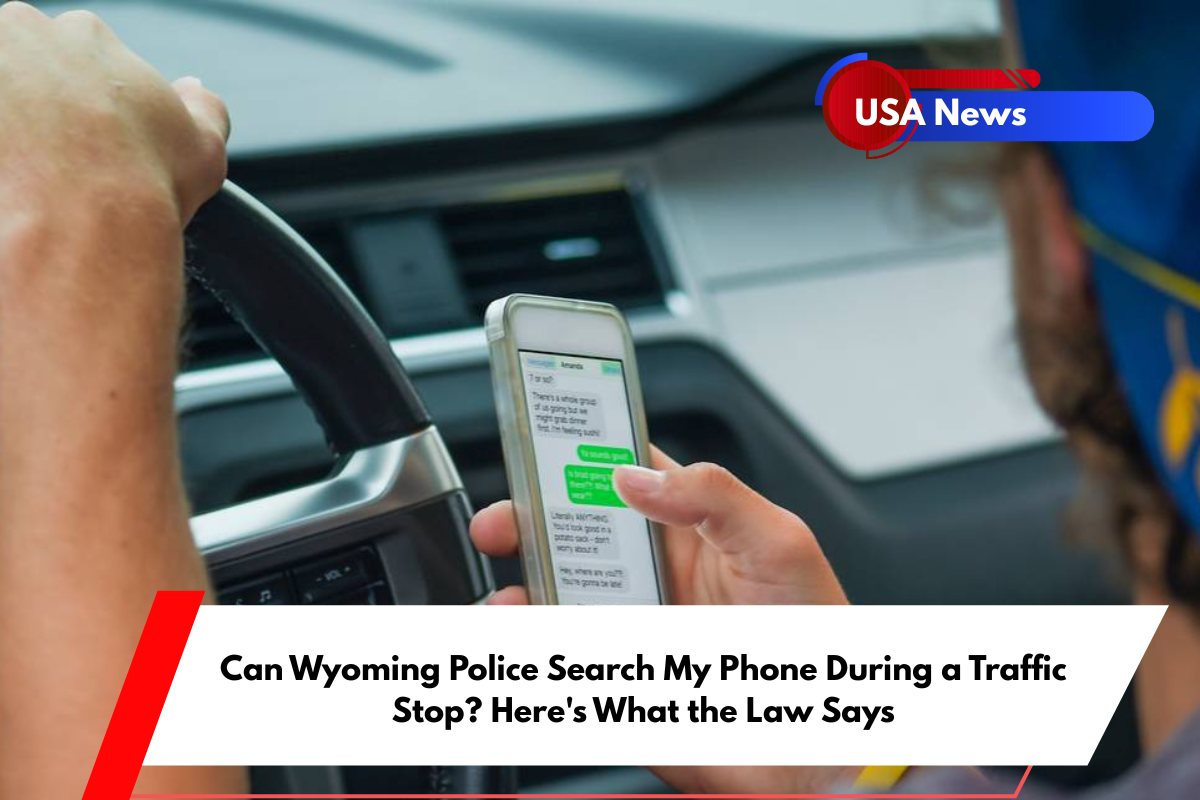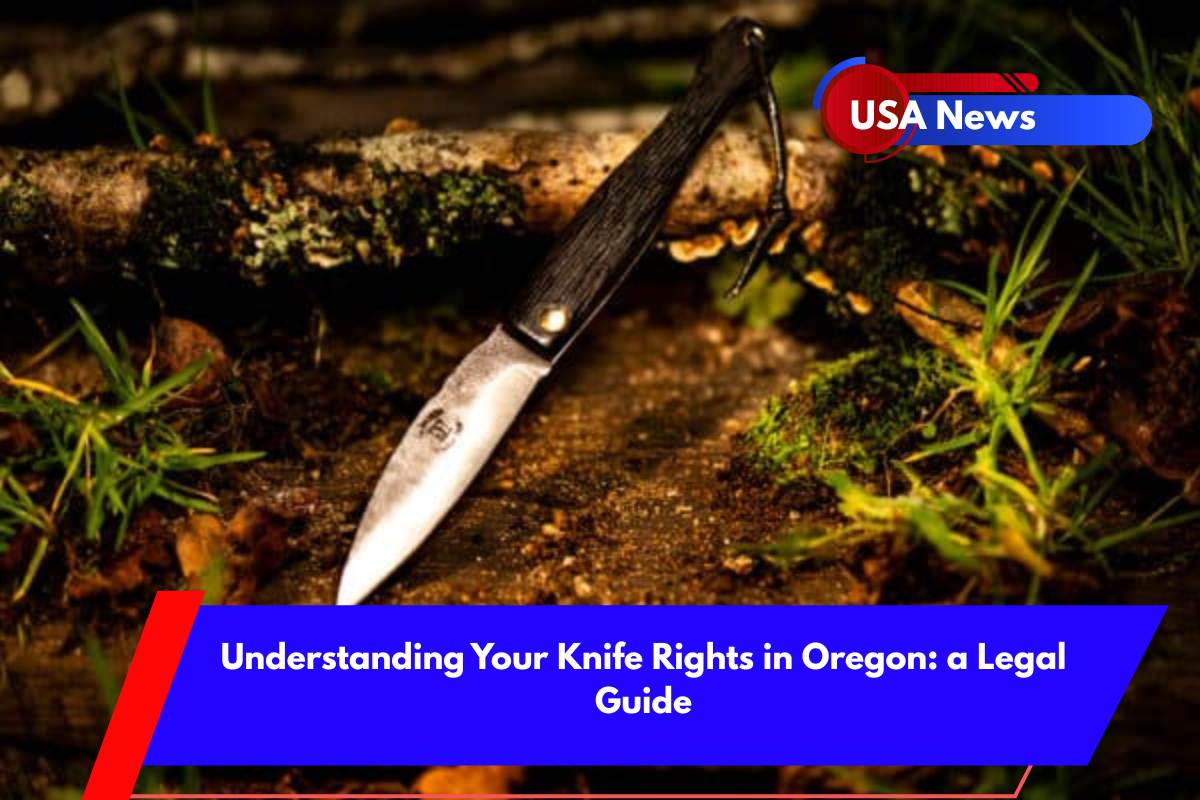When you’re pulled over during a traffic stop in Wyoming, it’s important to understand your rights, especially when it comes to police searches of your phone. According to the U.S. Constitution’s Fourth Amendment, you are protected from unreasonable searches and seizures, including searches of your digital devices like your phone.
The law surrounding phone searches during traffic stops is clear: police typically need a warrant to access the contents of your phone. Here’s what you need to know about your rights and how to handle these situations.
Warrant Requirement: Police Cannot Search Your Phone Without a Warrant
In Wyoming, police cannot search your phone simply because you were stopped or arrested during a traffic stop. According to the Fourth Amendment, which protects citizens from unreasonable searches, law enforcement needs a warrant to access the contents of your phone.
This was affirmed by the U.S. Supreme Court in Riley v. California (2014), which ruled that a phone search requires a warrant, even if the phone is seized during an arrest. Being pulled over doesn’t automatically give officers the right to search your phone.
Consent: You Can Refuse a Phone Search
If police ask for permission to search your phone, you have the right to refuse. You are not obligated to give consent, and it is completely within your rights to say “I do not consent to a search of my phone.” Your refusal cannot be used as justification for further searches or as evidence against you in any way. However, if you do give your consent, officers can legally search your phone and access its contents.
Probable Cause and Exigent Circumstances
In most cases, police need a warrant to search your phone. However, there are rare exceptions. If police have probable cause to believe that your phone contains evidence of a crime, they may be able to search it.
Even then, a warrant is usually still required, except in exigent circumstances. Exigent circumstances might include situations like an immediate threat to safety or the risk that evidence could be destroyed, but these situations are uncommon and generally do not apply to routine traffic stops.
Search Incident to Arrest
Even if you are arrested during a traffic stop, police cannot search the contents of your phone without a warrant.
They are allowed to search your immediate surroundings, such as the area around your car, but the data stored on your phone is protected. You still have privacy rights over the information on your phone, and a warrant is needed to search it, even after an arrest.
What Should You Do if Police Ask to Search Your Phone?
If an officer asks for your phone or requests consent to search it, here are the steps you should follow:
You do not have to hand over your phone unless the officer presents a valid search warrant.
If asked for consent, you can politely say, “I do not consent to a search of my phone.” Remember, your refusal cannot be used against you in any way.
If the officer searches your phone despite your refusal, make sure to clearly state your lack of consent for the record.
Do not delete anything from your phone if the officer has probable cause or a warrant. Deleting data can be considered tampering with evidence.
If you feel your rights were violated, remain calm and seek legal advice after the stop.
What Happens if Your Rights Are Violated?
If police search your phone without consent, a warrant, or a valid exception, any evidence they find could be inadmissible in court. If you believe your rights were violated during the stop, it is important to remain calm and later consult with an attorney to discuss your options.
Table: Wyoming Police Phone Search Rules During Traffic Stops
| Situation | Can Police Search Your Phone? |
|---|---|
| Routine traffic stop, no warrant, no consent | No |
| You give explicit consent | Yes |
| Officer has a search warrant | Yes |
| Emergency/threat to safety (rare) | Possibly |
| Search incident to arrest | No (warrant still required) |
Sources:
1. https://www.wyomingpublicmedia.org/2014-06-26/supreme-court-rules-police-need-warrants-for-most-cellphone-searches
2. https://www.uwyo.edu/studentatty/legal-information-by-topic/criminal-law-know-your-rights-.pdf
3. https://scholarship.law.edu/cgi/viewcontent.cgi?article=1137&context=scholar













